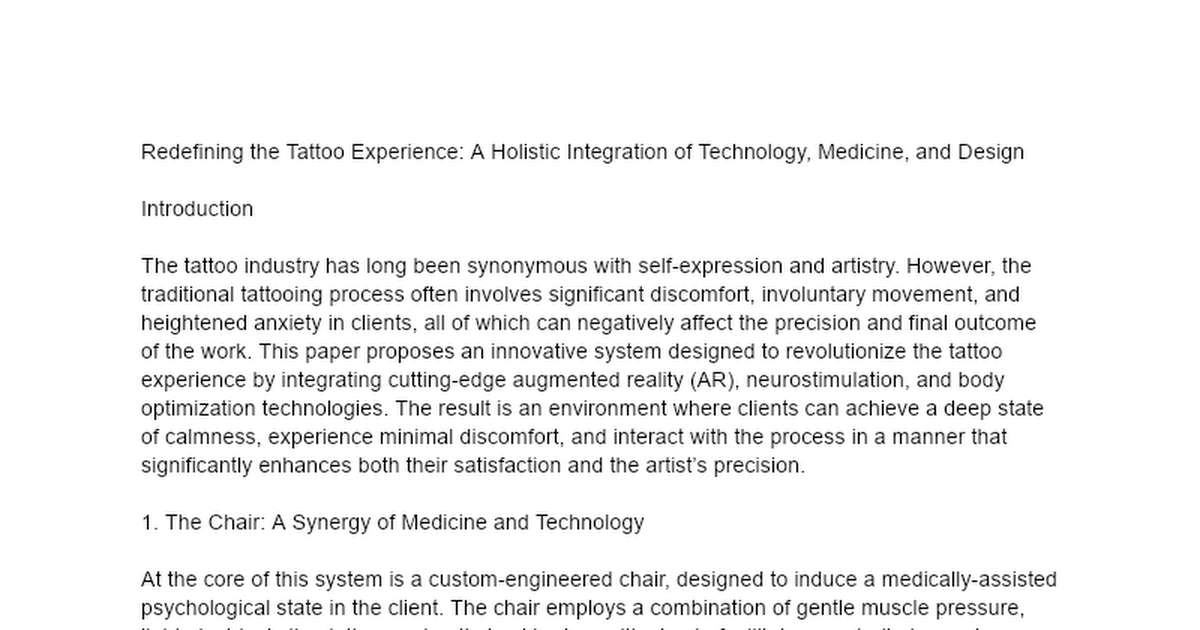Second part!
As we navigate the rapidly evolving landscape of technological innovation, I understand that many may view these advancements with skepticism, particularly regarding their implications for personal autonomy and societal well-being. While I possess access to technology that may seem advanced—even futuristic—I want to share the motivations behind my work and the ethical considerations that guide it.
My journey began with a personal challenge: my husband’s struggle with eyesight. He has preferred glasses over contacts, and I found myself reflecting on the inconvenience this posed—not just for him, but also for his clients. This inspired me to take the initiative to design solutions that not only enhance his quality of life but also benefit those around him.
I recognize that concepts involving near-cyberpunk designs can evoke concerns about privacy, control, and the potential for misuse. However, I firmly believe that the line we must tread is one of enhancement rather than encroachment. The goal is to elevate our overall satisfaction and well-being while respecting individual autonomy and ethical standards.
To that end, I am committed to transparency in my work. It is essential that the technology I develop prioritizes user well-being, is customizable, and remains optional. By emphasizing ethical safeguards and privacy features, I aim to shift the narrative from fear of dystopian futures to excitement about the possibilities of human empowerment.
Ultimately, my vision is to either distribute or sell this technology, ensuring that it serves as a tool for enhancement rather than a source of concern. I invite an open dialogue on these issues, as I believe that discussing our apprehensions is the first step toward finding common ground and fostering innovation that truly benefits society.



While the concept of using E-ink for dynamic tattoos is fascinating, it’s difficult to imagine such technology being functional with traditional tattooing methods. E-ink requires specific substrates and electrical components, which aren’t compatible with human skin in the same way. However, if one had the ability to manipulate matter or perhaps integrate advanced biotechnologies, it might be feasible. The future of tattoos could evolve in surprising ways, but as of now, manipulating physical matter is far beyond our current technological capabilities. For most people.
I didn’t think it would be soon. but put me on that list.